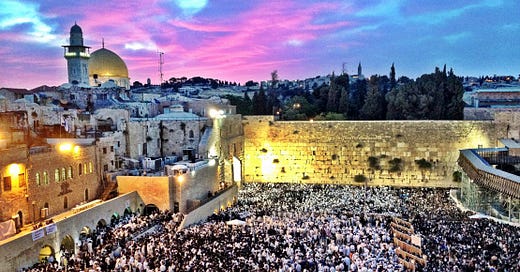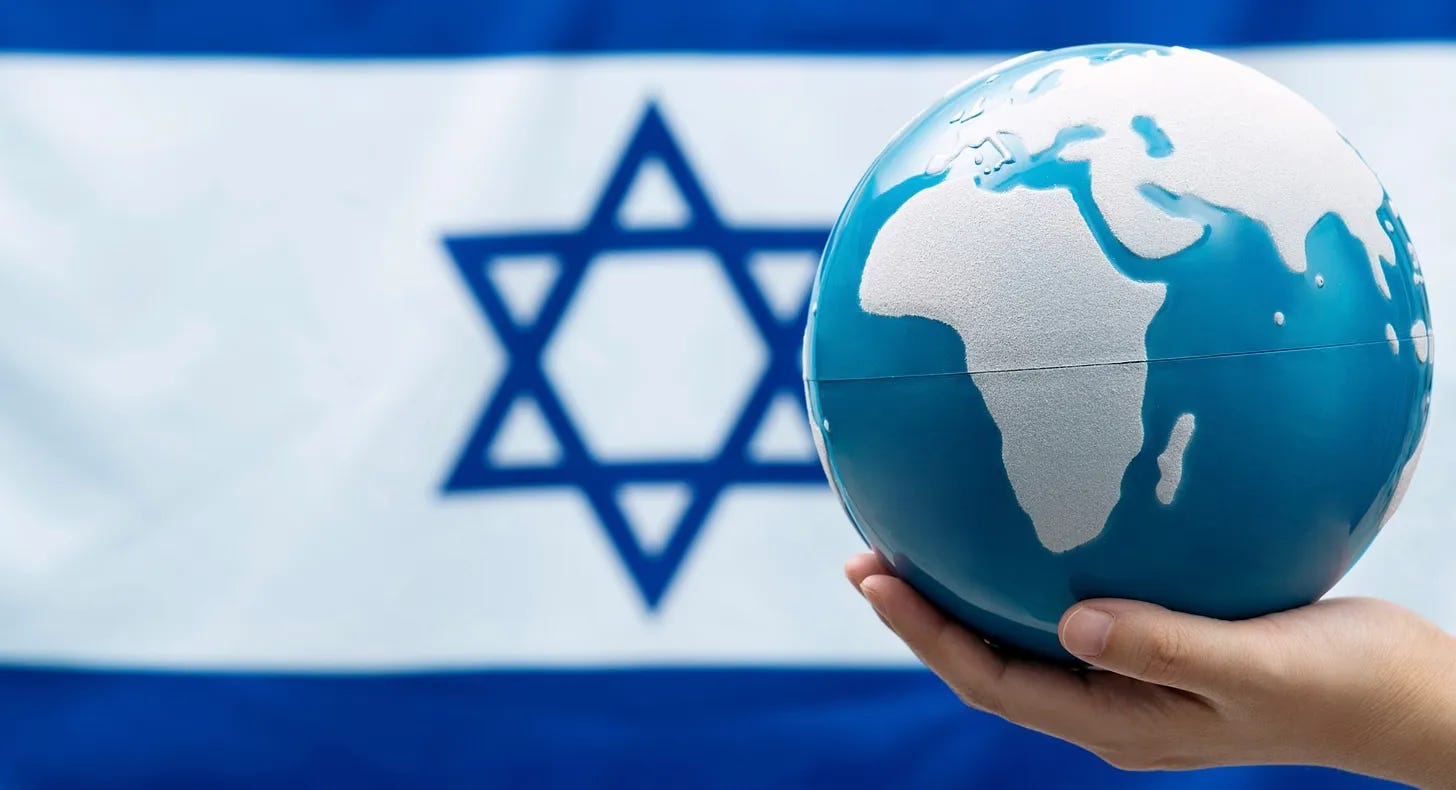By Abigail Pickus
When I was pregnant with my son in the 2010s, I liked watching this reality show called Pregnant in Heels, which followed a prim and slender “maternity concierge” as she mostly helped expectant couples choose the right nursery decor.
That was when I called my sister in a panic.
“I don’t have a crib!” I wailed, since it was a few weeks before my due date and I had just watched an episode in which a derelict couple had been reprimanded for not having a baby bed.
But my sister reassured me. “All the baby really needs in the beginning is you.”
And she was right. I don’t think my son even slept in a crib until he was a few months old. What he needed in the beginning of his life — primarily food, sleep and love — are just one iota of what he needs now, as he segues into that wasteland called the teen years.
Because what I have come to realize as I enter my second decade of motherhood is that parenthood, like life, is a continuous process of letting go.
It’s so awful, this letting go, and so unfair! Why can’t we all just stay in one place, exactly as we are and were? Why does anyone have to leave us, ever?
This coming Shabbat we read the Torah portion, Re’eh. It begins with Moses giving the People of Israel a choice as they prepare to cross the River Jordan into Israel: “See, this day I set before you a blessing and a curse” — blessings if they obey God’s commandments, and curses if they do not.
At this point, the Israelites have been wandering in the wilderness for 40 years, long enough for the generation born into slavery to die out, and a new generation that knows neither slavery nor real freedom to be ready to inherit the land promised to them by God.
It’s a timely portion, one that attests to the Jewish people’s 3,000- year-old connection to the land. But it also conveys the complexities of that inheritance, one that is predicated on certain moral and ethical responsibilities.
If we approach this portion figuratively instead of literally, that means that we as a people are held to certain standards; that we are only protected by God if we remember what we are about and who we are bound to.
Which brings us back to the beginning. Because the very first word of the portion is Re’eh or “See.” When he gives the Israelites a choice, Moses deliberately frames it as a way of seeing. It’s called taking the long view.
What kind of future do we envision for ourselves? Only then, once we foresee our destination, can we choose our next steps, ones that either brings us closer to a blessed existence — or on a fast track to disaster. I can’t think of more prescient advice.
As we, as Jews, continue to navigate such sobering and frightening times, the stakes couldn’t be higher. And as a parent who wants my child to inherit a future that is full of hope and promise, and as a Jew bound indelibly to Israel and all its people, I can’t help but wonder which path we will choose? And how will it end?
And whether those leading Israel today will make better choices — ones that lead us closer to peace and farther away from war and destruction.
For when we cross that proverbial river, there is no going back.





